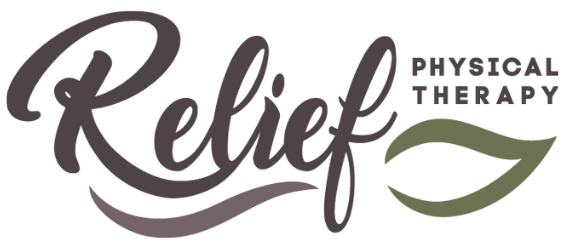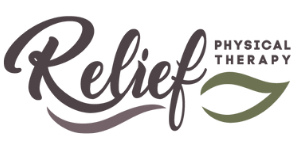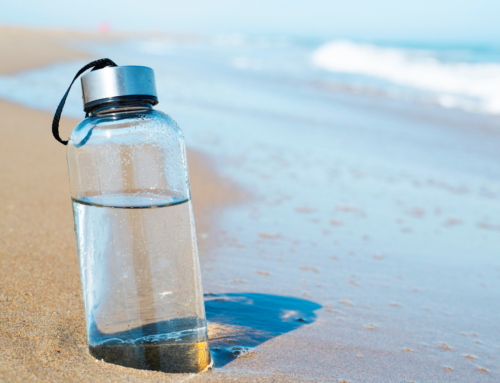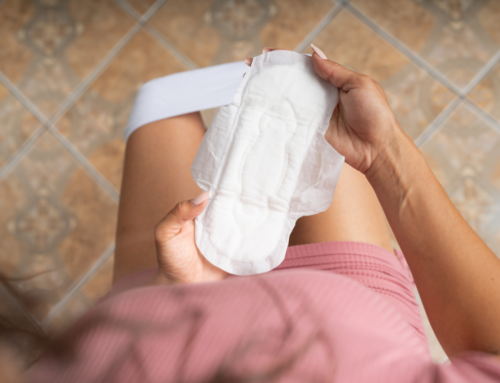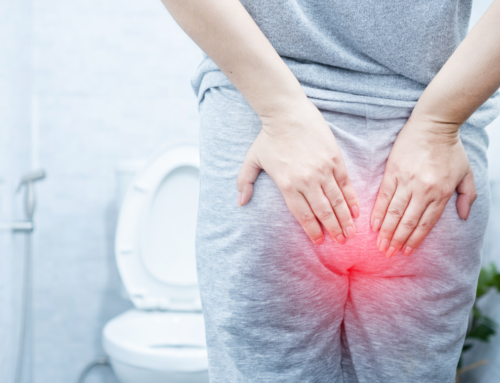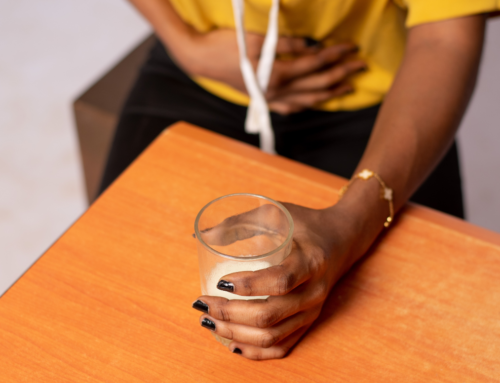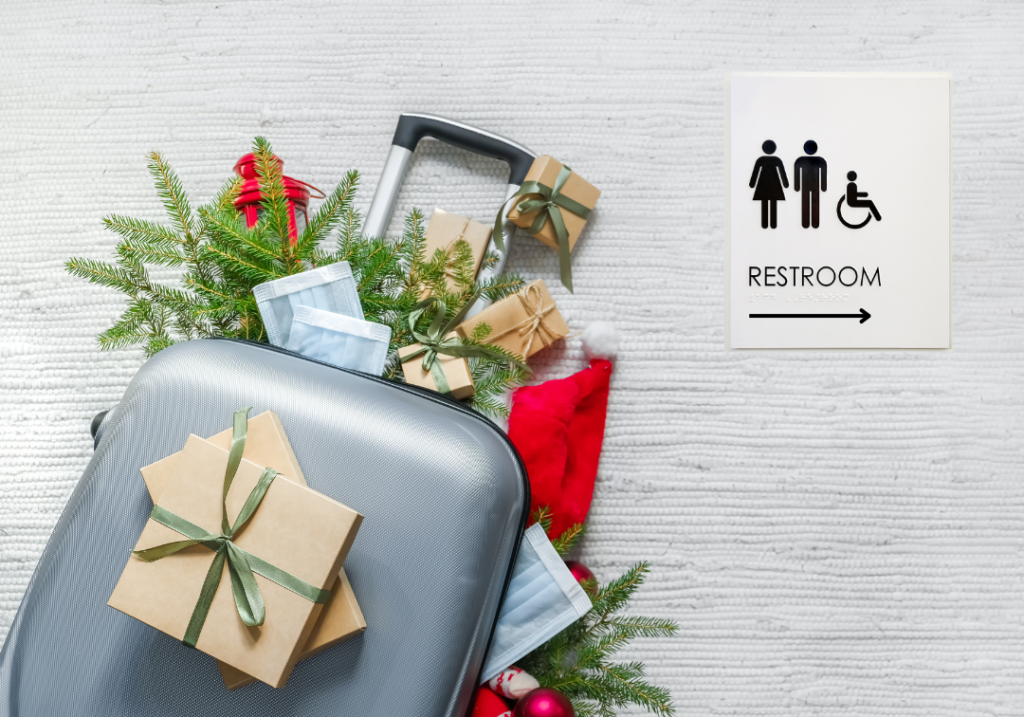
Navigating Holiday travel- Manage urinary urgency, constipation and ensure a good night’s sleep
Navigating Holiday travel- Manage urinary urgency, constipation and ensure a good night’s sleep
The holidays are a time for connection and celebration, but for those managing pelvic floor symptoms, traveling can introduce unique challenges. Long car rides, busy airports, disrupted routines, and unfamiliar sleeping environments can exacerbate symptoms like urinary urgency, frequent trips to the bathroom, constipation, and sleep disturbances. Fortunately, with thoughtful planning and some practical strategies, you can minimize the impact of travel on your pelvic health. Try these suggestions to stay comfortable and confident during your holiday travels.
The holidays are a time for connection and celebration, but for those managing pelvic floor symptoms, traveling can introduce unique challenges. Long car rides, busy airports, disrupted routines, and unfamiliar sleeping environments can exacerbate symptoms like urinary urgency, frequent trips to the bathroom, constipation, and sleep disturbances. Fortunately, with thoughtful planning and some practical strategies, you can minimize the impact of travel on your pelvic health. Try these suggestions to stay comfortable and confident during your holiday travels.
Managing Urinary Urgency During Travel
Managing Urinary Urgency During Travel
Urinary urgency can be a significant concern when traveling. Here are steps to help you manage it:
- Discuss your needs with the people you are traveling with. Discussing your challenges ahead of time, and explaining that there is a specific need can help others from feeling frustrated when your bathroom needs do not match their own. Don’t assume they know what you are experiencing, even if they live in the same home with you. Bladder problems can be invisible to others.
- Pay extra attention to water intake: Dehydration can irritate the bladder and worsen urgency. Drink water throughout the day but vary your intake depending on your schedule. Reduce your intake 1-2 hours before long stretches without bathroom access, and increase your intake when you will have easy access to the bathroom in 1hr-30 minutes.
- Plan restroom breaks: Traveling with others can increase stress and discomfort simply because of the feeling of inconveniencing your fellow travelers. Research your route and communicate ahead of time some planned stops for everyone to get out, stretch their legs, and stop at the restroom if needed. Agreeing in expectations for travel pace can reduce stress and ultimately improve bladder health and comfort.
- Avoid Bladder Irritants: Caffeinated drinks, alcohol, and acidic or spicy foods can aggravate bladder symptoms. Herbal teas or water are more soothing to the bladder. For more information about foods that irritate the bladder click here.
- Try this neurologic hack: If you experience a sudden urge or cramping of your bladder this might give you the extra time you need to get to a toilet. Take a deep breath, and let it out slowly. Trying to relax your belly on the exhale. On the inhale, contract your pelvic floor muscles about 50%, then relax again on the exhale. Do this about 5 times. This interrupts the neurologic feedback loop between the pelvic floor muscles and the bladder, and can stop bladder contractions giving you time to get to a bathroom.
Urinary urgency can be a significant concern when traveling. Here are steps to help you manage it:
- Discuss your needs with the people you are traveling with. Discussing your challenges ahead of time, and explaining that there is a specific need can help others from feeling frustrated when your bathroom needs do not match their own. Don’t assume they know what you are experiencing, even if they live in the same home with you. Bladder problems can be invisible to others.
- Pay extra attention to water intake: Dehydration can irritate the bladder and worsen urgency. Drink water throughout the day but vary your intake depending on your schedule. Reduce your intake 1-2 hours before long stretches without bathroom access, and increase your intake when you will have easy access to the bathroom in 1hr-30 minutes.
- Plan restroom breaks: Traveling with others can increase stress and discomfort simply because of the feeling of inconveniencing your fellow travelers. Research your route and communicate ahead of time some planned stops for everyone to get out, stretch their legs, and stop at the restroom if needed. Agreeing in expectations for travel pace can reduce stress and ultimately improve bladder health and comfort.
- Avoid Bladder Irritants: Caffeinated drinks, alcohol, and acidic or spicy foods can aggravate bladder symptoms. Herbal teas or water are more soothing to the bladder. For more information about foods that irritate the bladder click here.
- Try this neurologic hack: If you experience a sudden urge or cramping of your bladder this might give you the extra time you need to get to a toilet. Take a deep breath, and let it out slowly. Trying to relax your belly on the exhale. On the inhale, contract your pelvic floor muscles about 50%, then relax again on the exhale. Do this about 5 times. This interrupts the neurologic feedback loop between the pelvic floor muscles and the bladder, and can stop bladder contractions giving you time to get to a bathroom.

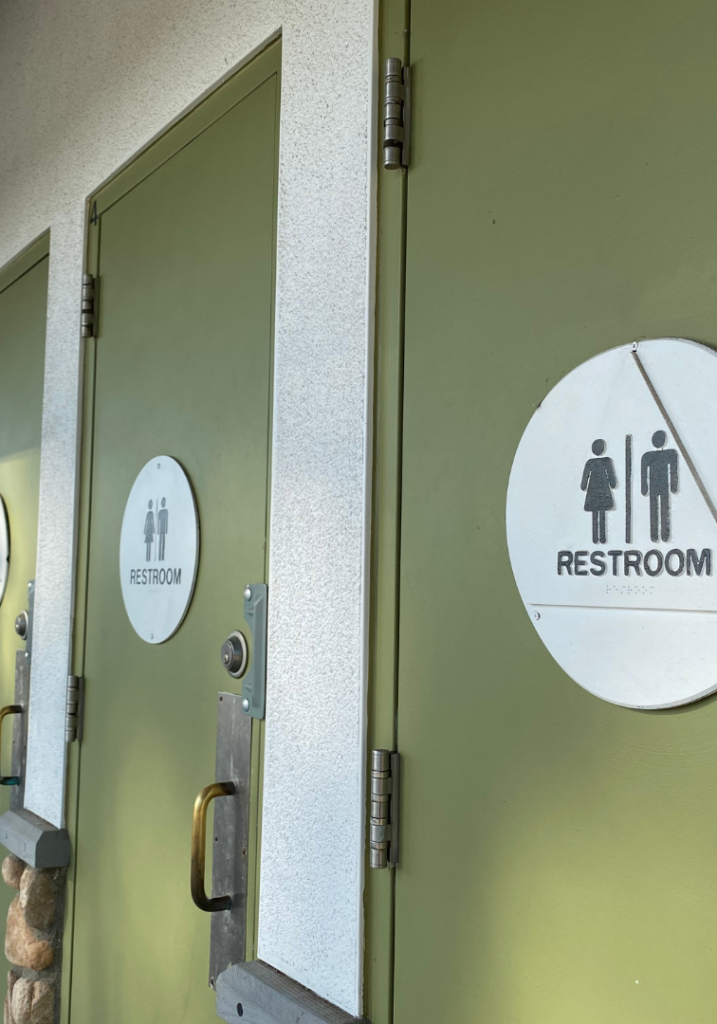
Minimizing the Risk of Constipation
Minimizing the Risk of Constipation
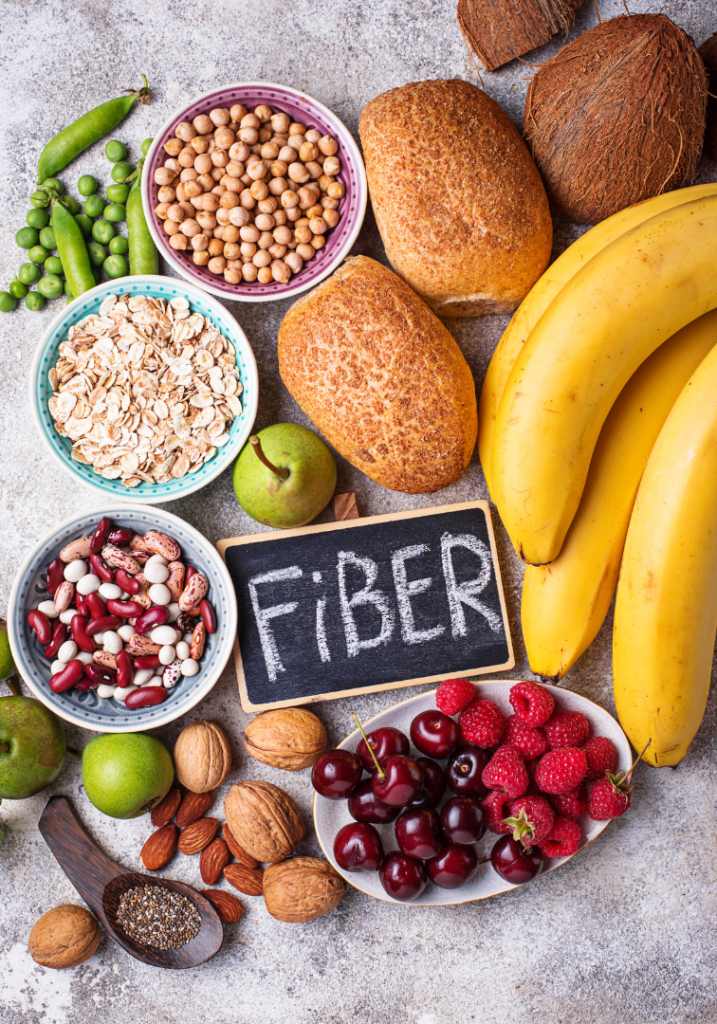

Elevating your feet and knees helps straighten the lower portion of the colon to make it easier to pass stool.
Elevating your feet and knees helps straighten the lower portion of the colon to make it easier to pass stool.
Travel-related constipation is a common issue that can cause bloating and sluggishness. It’s hard to enjoy holidays with friends and family when you don’t feel your best. These suggestions will help you stay regular when you are on the go.
- Fiber is King: Travel stops are notorious for their highly processed and low fiber options. But you can make intentional choices to eat fiber when you are traveling. Trail mix is a great high fiber option, or choose whole grain crackers.Make sure you choose some vegetables with your restaurant meals. This isn’t about eating perfectly, just making a few good choices to keep things moving, and help you feel good.
- Pay extra attention to water intake: Proper hydration helps keep stool soft. With dry winter air, and even drier heated homes you may need more water than you think. Aim for clear or pale-yellow urine as a sign you’re drinking enough water.
- Take a break to move: Sitting for long periods slows digestion, and makes the bowels sluggish. Take breaks from the car to stretch, walk, or do gentle movements in your seat every couple of hours.
- Pack magnesium-rich snacks: Magnesium helps you go. It is an electrolyte, that helps smooth muscle move food through your body. Foods like almonds, bananas, and dark chocolate support regular bowel movements.
- Consider toileting posture: elevating your knees above your hips while you are sitting on the toilet can help bowel movements easier. Pack a small, foldable footrest or use a stack of books, or place them on the bathroom waste bin to elevate your feet and knees slightly when using the toilet.
Travel-related constipation is a common issue that can cause bloating and sluggishness. It’s hard to enjoy holidays with friends and family when you don’t feel your best. These suggestions will help you stay regular when you are on the go.
- Fiber is King: Travel stops are notorious for their highly processed and low fiber options. But you can make intentional choices to eat fiber when you are traveling. Trail mix is a great high fiber option, or choose whole grain crackers.Make sure you choose some vegetables with your restaurant meals. This isn’t about eating perfectly, just making a few good choices to keep things moving, and help you feel good.
- Pay extra attention to water intake: Proper hydration helps keep stool soft. With dry winter air, and even drier heated homes you may need more water than you think. Aim for clear or pale-yellow urine as a sign you’re drinking enough water.
- Take a break to move: Sitting for long periods slows digestion, and makes the bowels sluggish. Take breaks from the car to stretch, walk, or do gentle movements in your seat every couple of hours.
- Pack magnesium-rich snacks: Magnesium helps you go. It is an electrolyte, that helps smooth muscle move food through your body. Foods like almonds, bananas, and dark chocolate support regular bowel movements.
- Consider toileting posture: elevating your knees above your hips while you are sitting on the toilet can help bowel movements easier. Pack a small, foldable footrest or use a stack of books, or place them on the bathroom waste bin to elevate your feet and knees slightly when using the toilet.
Get a good nights sleep in unfamiliar surroundings
Get a good nights sleep in unfamiliar surroundings
Quality sleep is vital for overall health. But unfamiliar environments and irregular sleep patterns and impact your health, and cause pelvic floor problems to flare. Improve your chances of a good night’s sleep:
- Minimize lights: While it might seem like a good idea to keep the lights on in unfamiliar places, lights affect your deep sleep patterns, even when your eyes are closed. You can try a sleep mask to cut out unnecessary lights. Or travel with a portable motion sensor light in case you need to rise at night without stubbing your toe.
- Bring your own pillow: Using your own familiar pillow and providing support for your head and neck in the way your body is most accustomed will reduce irregular demands on neck and shoulder muscles that would interrupt sleep. Its not about creating the perfect amount of support. It’s about creating a familiar type of support. Your body will thank you.- Works in the car too.
- Control the sleep environment: Adjust the room’s temperature, lighting, and noise levels as much as possible. A white noise app can help mask unfamiliar sounds. Or try earplugs.
- Limit late-night stimulants: Caffeine, heavy meals, and alcohol can interfere with sleep quality. Try to begin cutting back before bedtime and allow yourself time to follow through with a bedtime routine before trying to get to sleep.
- Calm the mind: If you struggle with busy thoughts or worry, using strategies to specifically calm the mind before sleep can make a huge difference. Reading something uplifting, or using an app for breathing or guided meditation can ready the body for a better sleep sequence, and deeper sleep.
With a little care and preparation, you can manage your pelvic floor symptoms while enjoying the holiday season. By addressing urinary urgency, preventing constipation, and prioritizing sleep, you’ll set yourself up for a more comfortable and enjoyable trip. Safe travels, and happy holidays!
Quality sleep is vital for overall health. But unfamiliar environments and irregular sleep patterns and impact your health, and cause pelvic floor problems to flare. Improve your chances of a good night’s sleep:
- Minimize lights: While it might seem like a good idea to keep the lights on in unfamiliar places, lights affect your deep sleep patterns, even when your eyes are closed. You can try a sleep mask to cut out unnecessary lights. Or travel with a portable motion sensor light in case you need to rise at night without stubbing your toe.
- Bring your own pillow: Using your own familiar pillow and providing support for your head and neck in the way your body is most accustomed will reduce irregular demands on neck and shoulder muscles that would interrupt sleep. Its not about creating the perfect amount of support. It’s about creating a familiar type of support. Your body will thank you.- Works in the car too.
- Control the sleep environment: Adjust the room’s temperature, lighting, and noise levels as much as possible. A white noise app can help mask unfamiliar sounds. Or try earplugs.
- Limit late-night stimulants: Caffeine, heavy meals, and alcohol can interfere with sleep quality. Try to begin cutting back before bedtime and allow yourself time to follow through with a bedtime routine before trying to get to sleep.
- Calm the mind: If you struggle with busy thoughts or worry, using strategies to specifically calm the mind before sleep can make a huge difference. Reading something uplifting, or using an app for breathing or guided meditation can ready the body for a better sleep sequence, and deeper sleep.
With a little care and preparation, you can manage your pelvic floor symptoms while enjoying the holiday season. By addressing urinary urgency, preventing constipation, and prioritizing sleep, you’ll set yourself up for a more comfortable and enjoyable trip. Safe travels, and happy holidays!
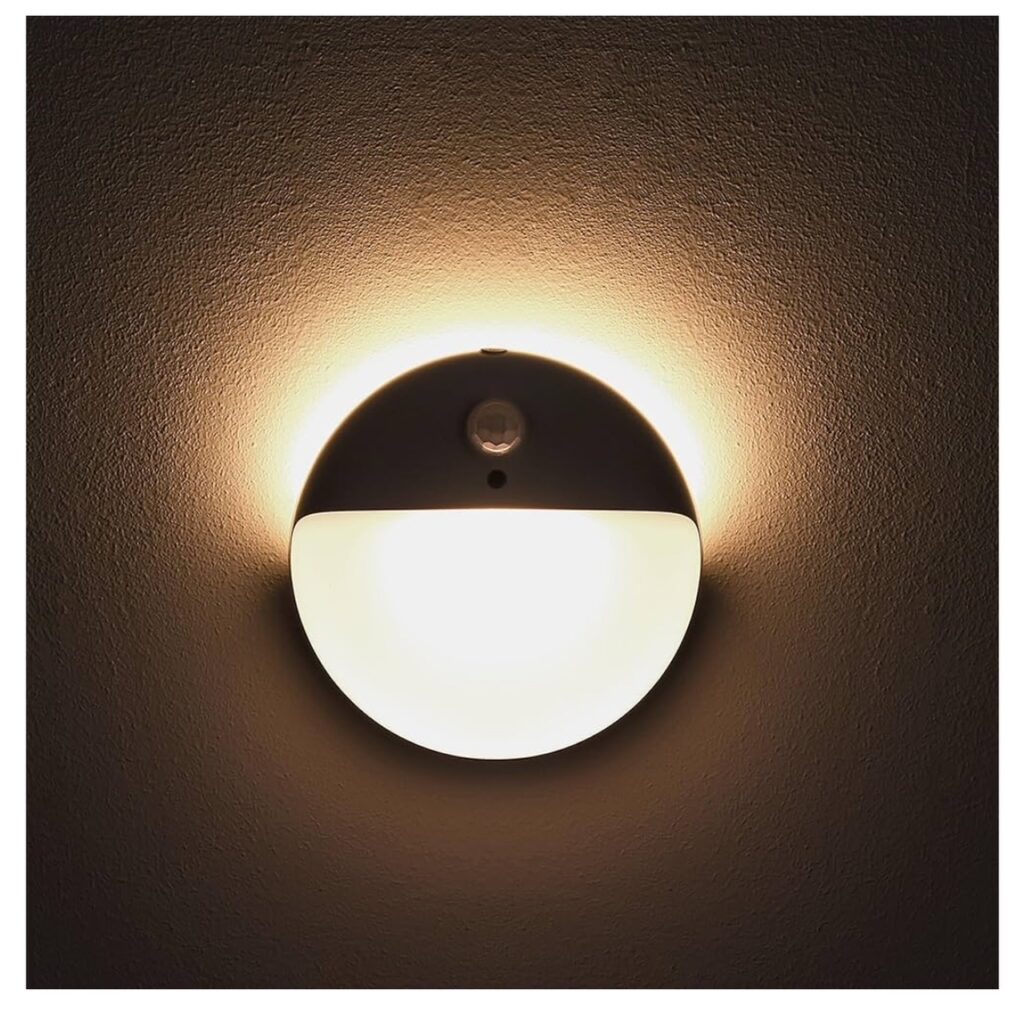
This battery powered light is motion sensored, compact, and dimmable to create a soft light to see your way in the dark without fully waking. Here is the Amazon link if you want to check it out. (Just FYI- I have no financial relationship to this company. I just like it)
This battery powered light is motion sensored, compact, and dimmable to create a soft light to see your way in the dark without fully waking. Here is the Amazon link if you want to check it out. (Just FYI- I have no financial relationship to this company. I just like it)

Alcohol doesn’t prevent you from going to sleep, but it can definitely prevent you from staying asleep. Alcohol also affects the quality of your sleep. And is a significant bladder irritant. If you tend to imbibe, know you are likely waking up for more trips to the bathroom at night.
Alcohol doesn’t prevent you from going to sleep, but it can definitely prevent you from staying asleep. Alcohol also affects the quality of your sleep. And is a significant bladder irritant. If you tend to imbibe, know you are likely waking up for more trips to the bathroom at night.

Holly McDonald, PT
Pelvic Rehab Specialist
HoHolly McDonald, PT
Pelvic Rehab Specialist
My practice is in Winston Salem NC. I see some patients virtually, but in-person is even better.
I am located at 501 Shepherd St. Winston Salem NC 27103. For more information, or to schedule an appointment please call the office at 336-414-2050, or email us at hello@reliefpt.com.
My practice is in Winston Salem NC. I see some patients virtually, but in-person is even better.
I am located at 501 Shepherd St. Winston Salem NC 27103. For more information, or to schedule an appointment please call the office at 336-414-2050, or email us at hello@reliefpt.com.
